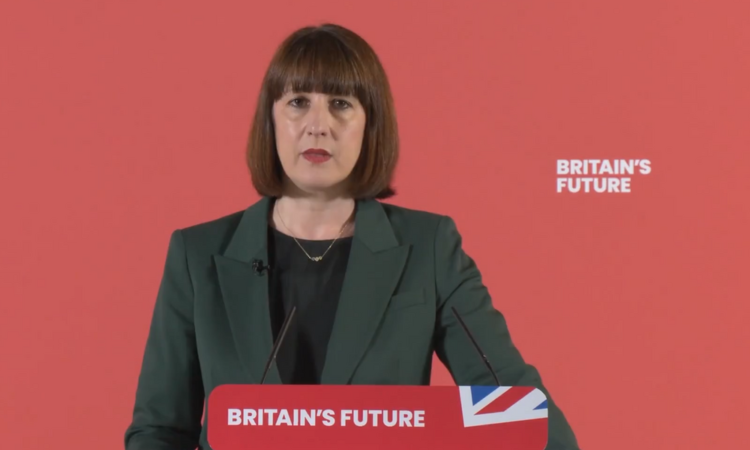
Following the landslide win for Labour, Rachel Reeves has warned that “there’s not a huge amount of money” after looking at UK finances.
The newly appointed Chancellor of the Exchequer is anticipating the challenges she faces ahead having to adopt a depleted economy from the Conservatives.
Reeves told the BBC: “There’s not a huge amount of money there. I know the scale of the challenge I inherit.”
“Private-sector investment is the lifeblood of a successful economy. We need to unlock private-sector investment.”
The 45-year-old has become Britain’s first woman finance minister and has pledged to grow the nation’s economy while showing strong fiscal discipline.
She has become Chancellor of the Exchequer for the Labour Party, ending 14 years of rule by the Conservatives.

The 45-year-old has become Britain’s first woman finance minister
Getty
Following her appointment she wrote on X: “It is the honour of my life to have been appointed Chancellor of the Exchequer.
“To every young girl and woman reading this, let today show that there should be no limits on your ambitions.”
Labour had put the economy at the heart of its election manifesto.
During the campaign they put a focus on growth and wealth creation.
Reeves added: “Economic growth was the Labour Party’s mission.
“It is now a national mission. Let’s get to work.”
Even with high levels of debt and tax in the UK, Reeves has vowed not to raise corporate, personal income or V.A.T. taxes and to adhere to strict debt rules.
Given these restraints, she hopes that stability will induce much-needed economic growth.
In practice, that is expected to mean giving more power to institutions, like the fiscal watchdog the Office for Budget Responsibility, and working more closely with businesses to encourage them to ramp up private investment.
Carys Roberts, the director of the Institute for Public Policy Research, said: “Labour has come a long way to regain the trust of people on their economic record and she doesn’t want to risk that.”
LATEST DEVELOPMENTS:

Sir Keir Starmer has promised to build a “government of service” after becoming the UK’s first Labour prime minister since 2010
PA
“Labour are pinning a lot on the hope of economic growth, including relying on growth to enable them to spend more on services.”






